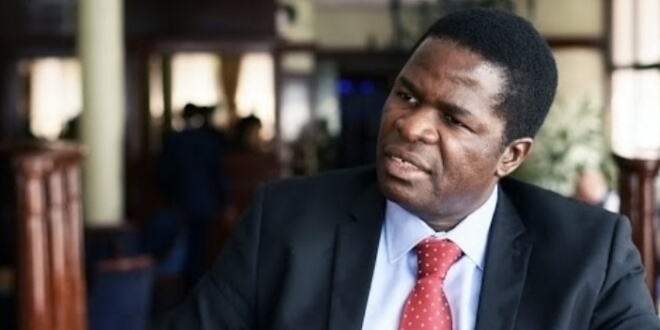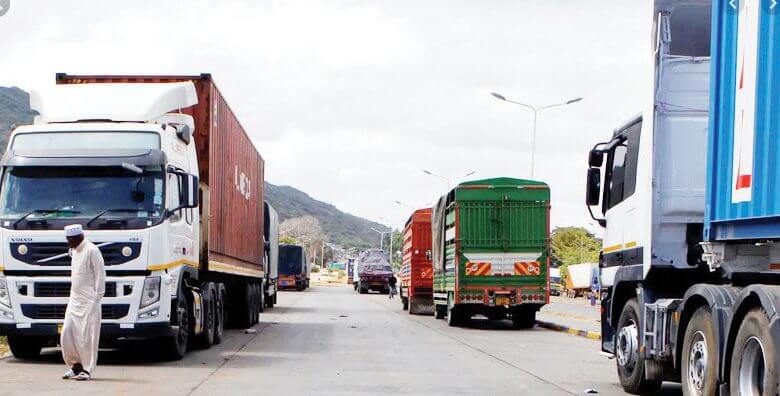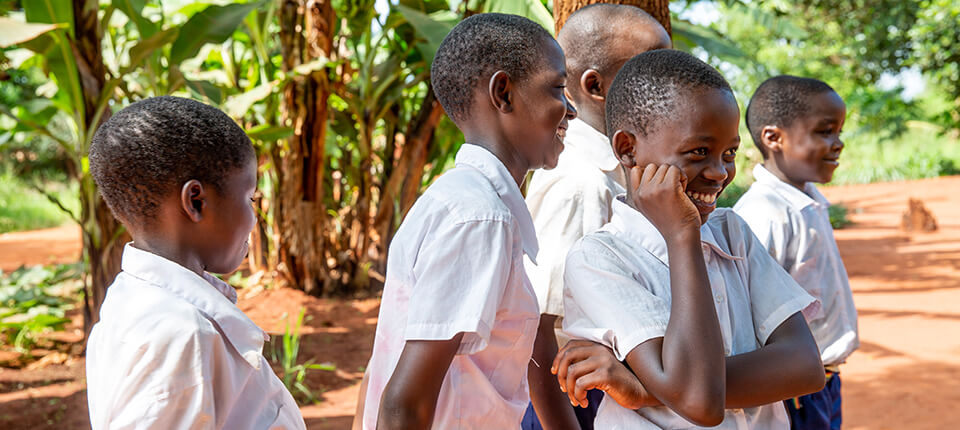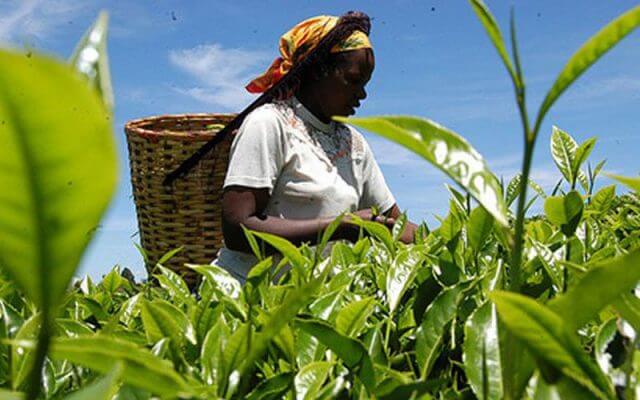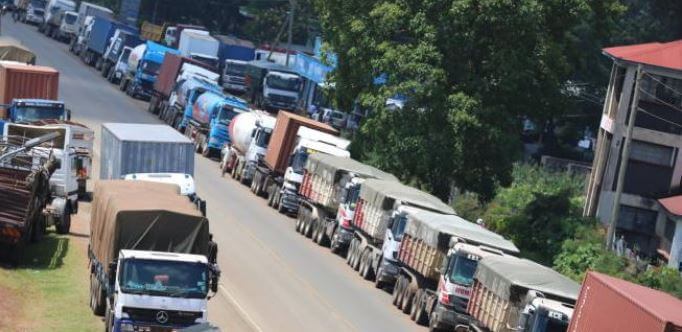THE European Union (EU) says the signing of the €3.54 million COMESA agreement that sub-delegates the implementation of coordinated border management activities between Zambia and Malawi is a welcome move. Ambassador of the EU to Zambia and COMESA Jacek Jankowski said the signing of the agreement is also a major step towards a reduction in hindrances to trade between the two countries. He added that the move will also lead to an increased seamless flow of goods between Zambia and Malawi. Yesterday, the COMESA Secretariat and the Malawian government signed the agreement a month after a similar agreement was signed with the Zambian government to upgrade its side of the border post at Mwami. Zanis reports that the chargé d’affaires at the European Union Delegation in Malawi, Aurélie Valtat, also expressed optimism that as African states start trading under the African Continental Free Trade Area (AfCFTA), the removal of any form of hindrances to cross-border trade is critical to ensure the benefits of open trade. Ms. Valtat said this is why the European Union remains committed to supporting Malawi’s trade facilitation efforts and to contribute to boosting intra-Africa trade. COMESA Secretary General Chileshe Kapwepwe and the Principal Secretary in the Ministry of Trade in Malawi, Christina Zakeyo, separately signed the sub-delegation agreement in Lilongwe and Lusaka yesterday. The project will support the implementation of key pillars of One-Stop-Border-Post operations and the implementation of major activities among them being the upgrading of the customs e-management system and bandwidth, improving inter-agency connectivity,...
SIGNING OF €3.54M COMESA SUB-DELEGATION DEAL ELATES EU
Posted on: January 25, 2021
Posted on: January 25, 2021


